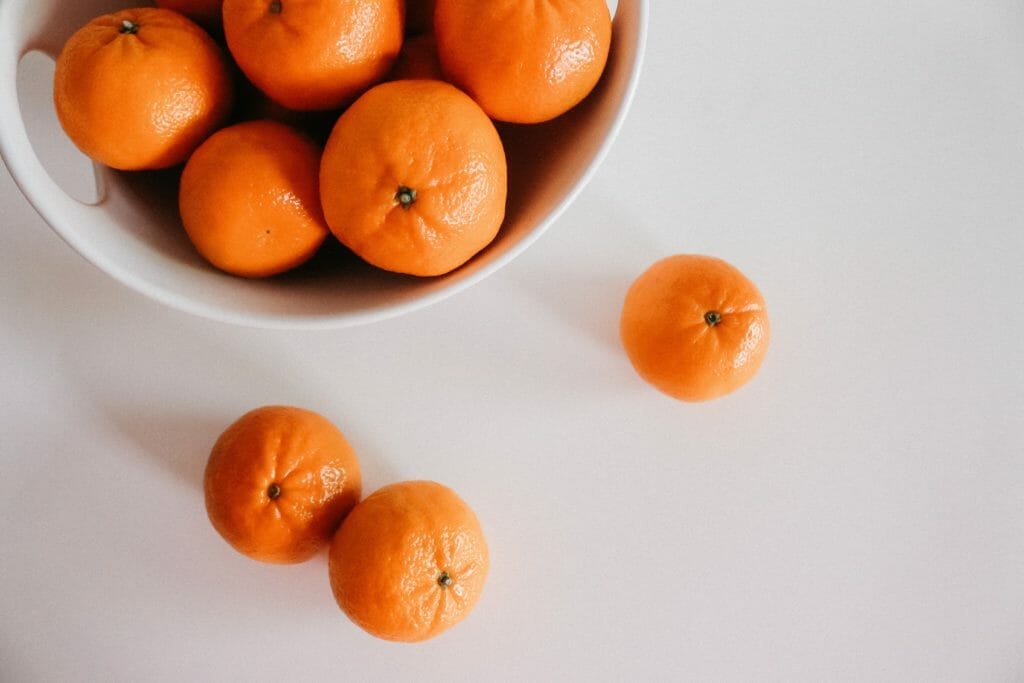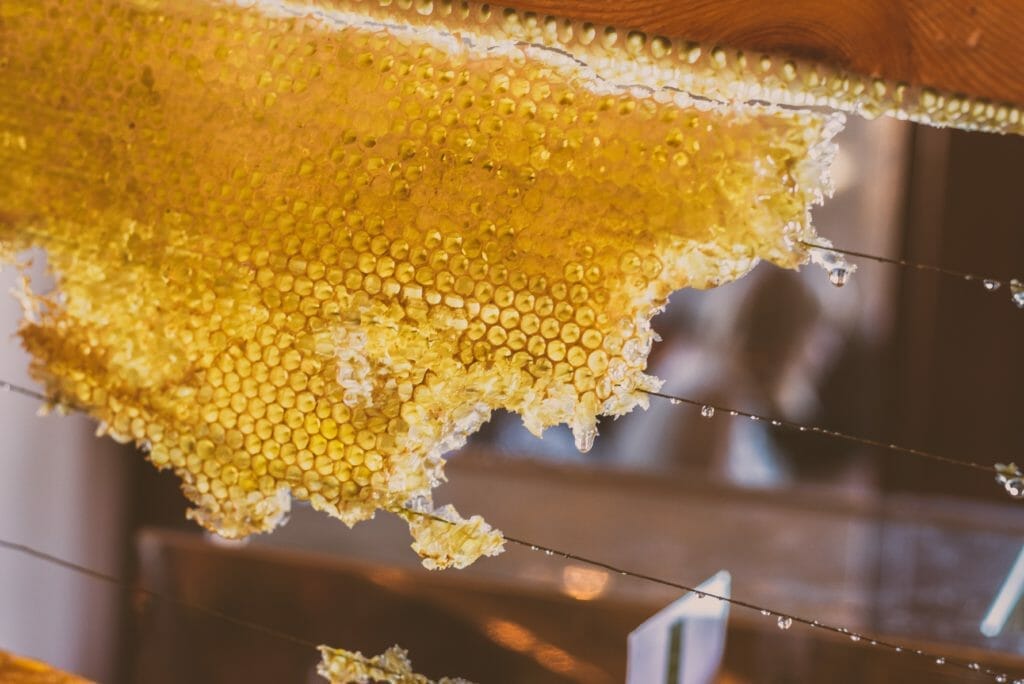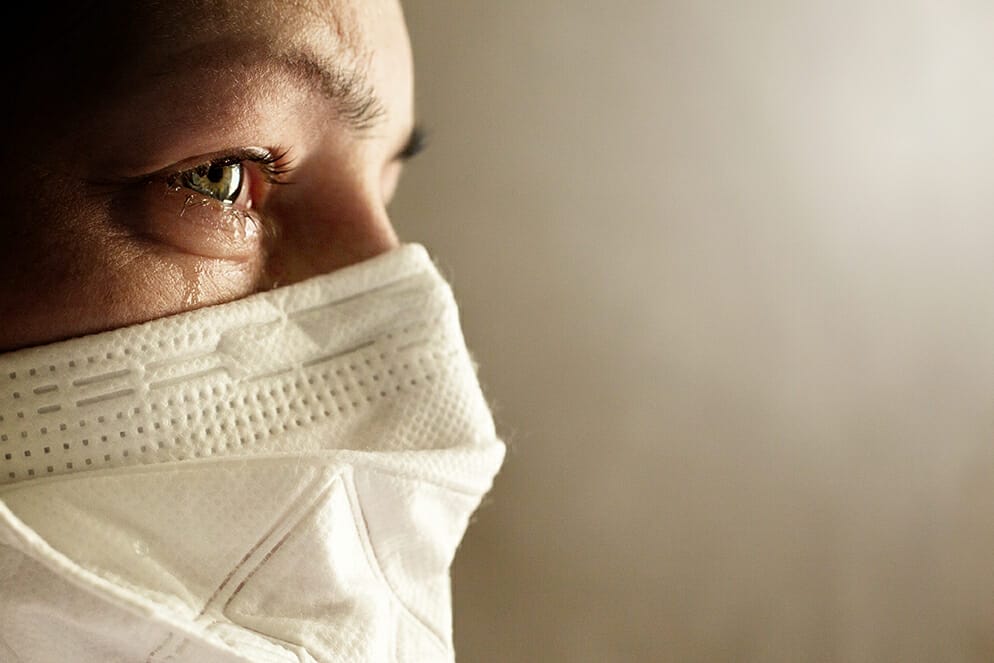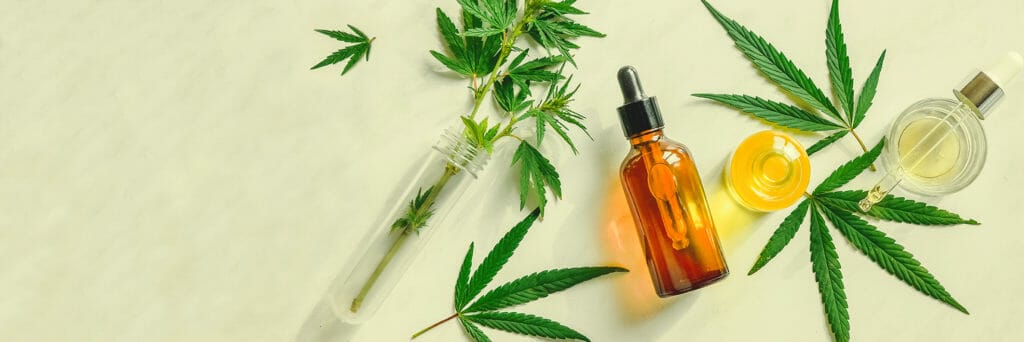While the onset of Spring brings with it warmer, lighter days it’s also the beginning of the allergy season. According to the Met Office, hay fever (also known as allergic rhinitis) affects over a fifth of the UK population.
If you’ve ever had seasonal allergies you’ll be familiar with the common symptoms including nasal congestion, sneezing and itchy eyes. This, in turn, can lead to headaches, fatigue and sleep disturbances. While it is tempting to reach for anti-histamines or rely on steroid medications there is much you can do through diet and targeted nutrients to bring relief.
Low Histamine Diet
While histamine is an extremely important compound in the body acting as a neurotransmitter and regulating other activities in the body, it is also a major component of the immune response when it comes to allergic reactions. When we produce excess histamine those classic allergic symptoms can appear. As histamine can be produced by certain microbes in your gut maintaining a healthy balanced gut flora is important. It is also worth remembering that certain foods are naturally high in histamine (e.g fermented foods, aged cheese, fish, shellfish, avocados, spinach and chocolate). Switching to a low histamine diet may reduce the severity of allergy symptoms.
Quercetin
Quercetin is a flavonoid found in many fruits and vegetables, including onions, green tea, apples, cherries, broccoli, tomatoes, berries, and green tea. Quercetin counteracts the allergic response by suppressing antigen-specific IgE antibody formation (involved in the allergic response). Additionally, quercetin inhibits the release of histamine and other proinflammatory substances involved in allergic reactions.
Vitamin C

Studies have shown that ensuring optimal levels of vitamin C may help reduce your susceptibility to allergies. Vitamin C plays a key role in our immune response. It can promote immune tolerance, decrease reactivity to allergens, lower histamine and reduce inflammation of sinus tissues. Because vitamin C is water soluble, it is not stored in the body (unlike fat-soluble vitamins such as vitamin D), so it is important to consume vitamin C every day.
Butterbur
Butterbur, also known as coltsfoot, is a common flowering plant in the UK and has been used in traditional medicine to treat a wide range of ailments including hayfever. Studies have shown taking butterbur extract can decrease symptoms within a week. Butterbur has the ability to reduce numbers of eosinophils (types of white blood cells) and leukotrienes in nasal tissue as well lowering levels of histamine.
Local Raw Honey

Raw honey contains both beneficial bacteria and trace amounts of pollen picked up by the bees from local plants.Consuming raw honey produced in your area may help to “educate” your immune system to tolerate these local pollens.Start taking a spoonful before your symptoms begin.
Probiotics
Probiotics have been found to have beneficial effects against allergies. Certain strains appear more effective then others. For example Lactobacillus acidophilus has been shown to reduce inflammatory IgE antibodies and increase cells that bring about better immune balance.
Fibre and Butyrate
Ensuring sufficient fibre in your diet (wholegrains, starchy vegetables, oats etc) supports a diverse gut flora and aids the formation of short-chain fatty acids (SCFAs) like butyrate, acetate, and propionate that regulate the immune system. Butyrate has been shown to induce regulatory T cells, which suppress immune responses and has been shown to reduce airway inflammation.
Vitamin D
Known as the sunshine vitamin this important nutrient plays a key role in balancing our immune response. In children with allergic rhinitis due to grass pollen, supplementation with vitamin D3 (1000 IU daily) significantly reduced the symptoms. Making sure your levels are optimal throughout the Spring and Summer season may therefore help reduce symptoms.

Written by Functional Nutritionist Christine Bailey MSc MIFM, MBANT
References
Anna Theiler et al. Butyrate ameliorates allergic airway inflammation by limiting eosinophil trafficking and survival. The Journal of Allergy and Clinical Immunology September 2019Volume 144, Issue 3, Pages 764–776 https://tinyurl.com/vl69ggr
Hagel AF, et al. Intravenous infusion of ascorbic acid decreases serum histamine concentrations in patients with allergic and non-allergic diseases. Naunyn Schmiedebergs Arch Pharmacol. 2013 Sep;386(9):789-93. https://tinyurl.com/sramybr
Jerzyńska J, et al. Clinical and immunological effects of vitamin D supplementation during the pollen season in children with allergic rhinitis. Arch Med Sci. 2018 Jan;14(1):122-31. https://tinyurl.com/t57bhst
Käufeler et al. Efficacy and safety of butterbur herbal extract Ze 339 in seasonal allergic rhinitis: postmarketing surveillance study. Adv Ther. 2006 Mar-Apr;23(2):373-84. https://tinyurl.com/qqoec6z
Kumazawa Y, et al. Potential use of dietary natural products, especially polyphenols, for improving type-1 allergic symptoms. Curr Pharm Des. 2014;20(6):857-63. https://tinyurl.com/yx6pp59n
Saarinen et al. Birch Pollen Honey for Birch Pollen Allergy – A Randomized Controlled Pilot Study. International Archives of Allergy and Immunology 2011, Vol.155, No. 2 May 2011 https://tinyurl.com/wwpxohs
Shimoda et al. Anti-type I allergic property of Japanese butterbur extract and its mast cell degranulation inhibitory ingredients. J Agric Food Chem. 2006 Apr 19;54(8):2915-20. https://tinyurl.com/h5wc8gd
Torii A, Torii S, Fujiwara S, et al. Lactobacillus Acidophilus strain L-92 regulates the production of Th1 cytokine as well as Th2 cytokines. Allergol Int. 2007;56(3):293-301. https://tinyurl.com/vnj232e
Vollbracht C, et al. Intravenous vitamin C in the treatment of allergies: an interim subgroup analysis of a long-term observational study. J Int Med Res. 2018 Sep;46(9):3640-55. https://tinyurl.com/tv76cnz
Y Ishida et al. Clinical Effects of Lactobacillus acidophilus Strain L-92 on Perennial Allergic Rhinitis: A Double-Blind, Placebo-Controlled Study. March 2005 Journal of Dairy Science 88(2):527-33. https://tinyurl.com/rzzpgmw
Zhang et al. Anti-allergic effects of total bakkenolides from Petasites tricholobus in ovalbumin-sensitized rats. Phytother Res. 2011 Jan;25(1):116-21. doi: 10.1002/ptr.3237. https://tinyurl.com/s4zozmc










